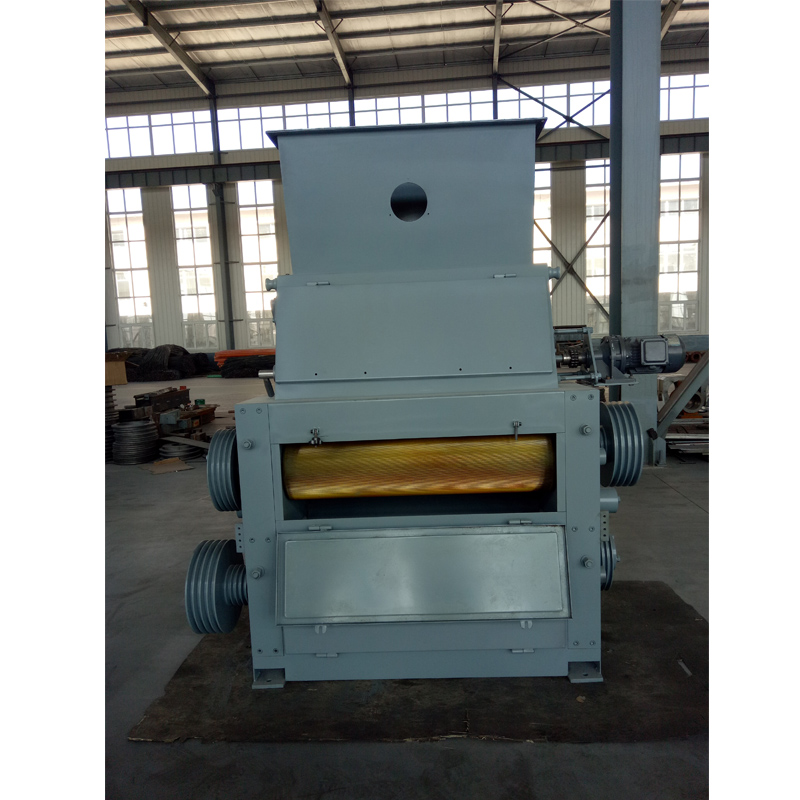Oct . 09, 2024 00:36 Back to list
Plate Frame Filter Press for Efficient Oil and Gas Product Separation Solutions
The Role of Plate Frame Filter Press in Oil and Gas Industries
The oil and gas industry is a cornerstone of global energy supply, and the processes involved in extracting, refining, and distributing oil and gas are complex and multifaceted. One key piece of equipment that plays an essential role in the processing and purification of fluids within this sector is the plate frame filter press. This robust machinery is instrumental in separating solids from liquids, thus ensuring that the final products meet strict quality standards.
What is a Plate Frame Filter Press?
A plate frame filter press comprises a series of filter plates, which are arranged in a frame. These plates are often covered with filter cloths that are specifically designed to allow liquid to pass through while capturing solid particles. When the filter press is operated, a slurry containing both liquid and solids is pumped into the press. As the liquid is thrust through the filter cloth by hydraulic pressure, the solids are retained, forming a cake that can be easily removed after the filtering process is complete.
Significance in Oil and Gas
In the oil and gas industry, the filtration of water and other fluids is critical. Water produced during oil extraction, known as produced water, often contains a mixture of hydrocarbons, salts, and particulate matter. The treatment and disposal of this water are not only necessary for environmental compliance but also for the efficient use of resources.
Plate frame filter presses are particularly advantageous for treating such produced water. They can efficiently separate contaminants, thus enabling the recycled water to be reused in various drilling operations or safely discharged according to environmental regulations. By treating produced water, companies can reduce their operational costs and minimize their environmental footprint, contributing to a more sustainable approach to oil and gas extraction.
Efficiency and Versatility
plate frame filter press for oil and gas products

The advantages of using plate frame filter presses extend beyond just water treatment. These systems are suitable for a range of applications, including the clarification of crude oil and the separation of drilling muds. Their versatility allows oil and gas companies to address various filtration needs without needing multiple types of equipment.
One of the standout features of plate frame filter presses is their efficiency. They can accommodate high volumes of slurry with a minimal footprint, making them an ideal choice for facilities with limited space. Moreover, the design of the filter plates enables quick cake discharge, significantly reducing downtime between filtration cycles.
Maintenance and Operation
While plate frame filter presses are designed for durability and high performance, proper maintenance is crucial to ensure they operate efficiently over time. Regular inspection of the filter cloths is essential, as wear and tear can compromise filtration capabilities. Additionally, maintaining the hydraulic system and monitoring for leaks will enhance the longevity of the equipment.
Operators must be trained in the correct use of filter presses to optimize their performance. Understanding the optimal pressure settings and knowing when to replace filter cloths can greatly enhance efficiency and product quality.
Conclusion
In conclusion, the plate frame filter press is a vital tool in the oil and gas industry, providing an efficient solution for solid-liquid separation in various applications. By improving the quality of produced water and enabling the recycling of resources, this equipment not only contributes to operational efficiency but also to the industry's sustainability efforts. As environmental regulations become stricter and the demand for responsible resource management grows, the importance of advanced filtration technologies like the plate frame filter press will only continue to rise.
-
HP 120 Cold Oil Press-Hebei Huipin Machinery|Oil Extraction, Cold Press
NewsAug.07,2025
-
HP 120 Model Cold Oil Press-Hebei Huipin Machinery|Cold Oil Extraction, High Efficiency
NewsAug.07,2025
-
HP 120 Model Cold Oil Press - High-Efficiency Oil Extraction&Automated Processing
NewsAug.07,2025
-
Safflower Oil Press Service | Expert & Efficient Solutions
NewsAug.07,2025
-
HP 120 Model Cold Oil Press - Hebei Huipin Machinery | Advanced Oil Extraction Technology
NewsAug.06,2025
-
HP 120 Cold Oil Press-Hebei Huipin Machinery|Cold Pressing, Oil Extraction
NewsAug.06,2025
